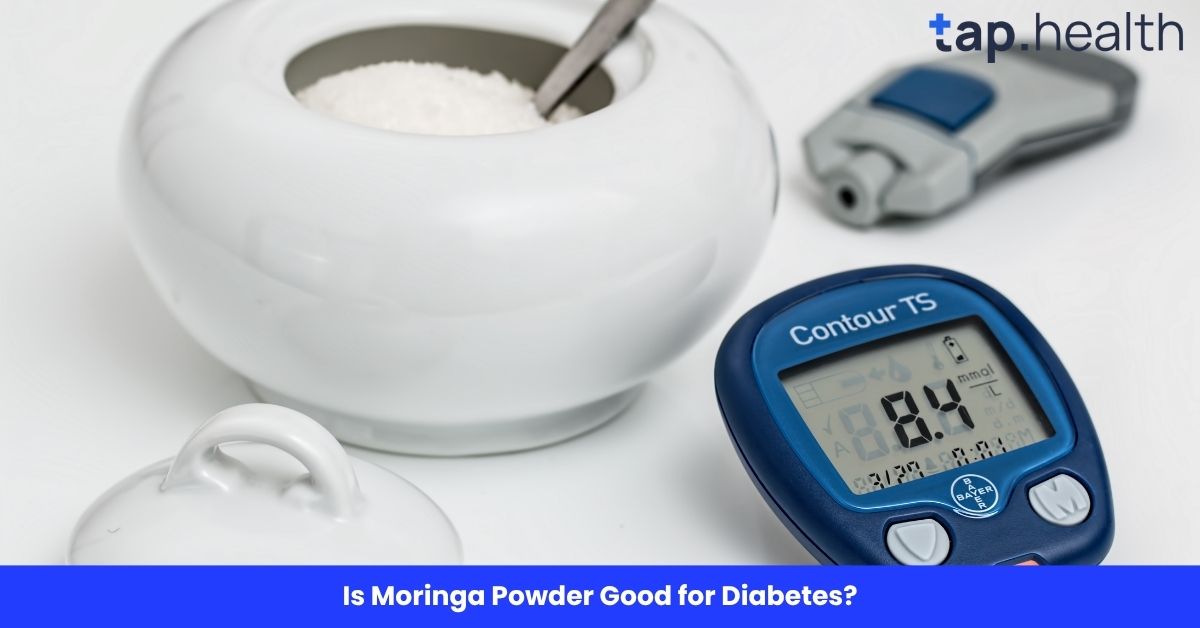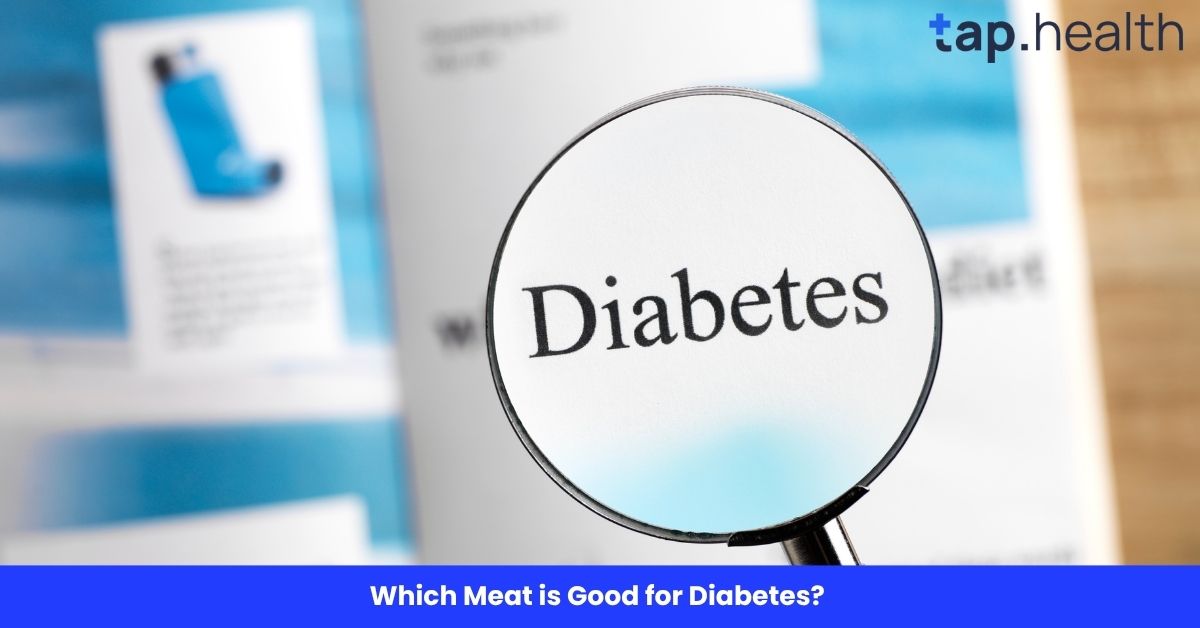Almonds are a popular snack loved by many for their crunchy texture and rich flavor. Whether you’re eating them raw, roasted, or as part of a dish, almonds are a nutritious snack. But if you’re trying to keep track of your calories, you may be wondering, “How many calories are in 10 almonds?” This is a common question, and the answer is not only important for calorie counting but also for understanding how almonds can fit into a healthy diet. In this article, we will explore the calorie content of 10 almonds, their nutritional value, and how they can contribute to your overall health.
What Makes Almonds a Healthy Snack?
Before diving into the number of calories in 10 almonds, it’s important to understand why almonds are considered a healthy snack in the first place. Almonds are packed with nutrients that can support overall health, making them a great choice for a quick snack. They contain:
- Healthy fats: Almonds are high in monounsaturated fats, which are heart-healthy and can help lower bad cholesterol levels.
- Protein: Almonds provide a good amount of protein, making them a great plant-based protein source for vegetarians and vegans.
- Fiber: Almonds are rich in dietary fiber, which helps with digestion and can keep you feeling full longer.
- Vitamins and minerals: Almonds are a great source of vitamins such as vitamin E, which acts as an antioxidant, and minerals like magnesium, calcium, and potassium.
But just how many calories do 10 almonds contain? Let’s break it down.
How Many Calories Are in 10 Almonds?
On average, 10 almonds contain around 70 calories. This number can vary slightly depending on the size and type of almonds, but in general, you can expect about 7-8 calories per almond. When you eat 10 almonds, you’re getting a quick, nutritious snack that is relatively low in calories but packed with beneficial nutrients.
Caloric Breakdown of 10 Almonds:
- Calories per almond: Approximately 7 calories.
- Total calories in 10 almonds: Around 70 calories.
Nutritional Value of 10 Almonds
While the calorie count of 10 almonds is relatively modest, they pack a punch when it comes to nutrients. Here’s a breakdown of the nutrients you get in a serving of 10 almonds:
Macronutrients
- Protein: 2.6 grams
- Fat: 6.1 grams
- Saturated Fat: 0.5 grams
- Monounsaturated Fat: 3.5 grams
- Polyunsaturated Fat: 1.3 grams
- Carbohydrates: 2.5 grams
- Fiber: 1.5 grams
- Sugar: 0.6 grams
Micronutrients
- Vitamin E: 7.3 milligrams (37% of the daily recommended value)
- Magnesium: 32 milligrams (8% of the daily recommended value)
- Calcium: 26 milligrams (2.6% of the daily recommended value)
- Potassium: 80 milligrams (2.3% of the daily recommended value)
These nutritional benefits highlight why almonds are often considered a “superfood.” They are not only a source of healthy fats and protein but also a great addition to your diet for better heart health, improved digestion, and better skin health.
Are Almonds Good for Weight Loss?
Many people wonder if eating almonds can help with weight loss. The short answer is yes, but moderation is key. Almonds can help with weight loss for several reasons:
- Satiety: Almonds are high in fiber and protein, both of which promote feelings of fullness. Eating them can prevent overeating and help you control your overall calorie intake.
- Healthy Fats: The monounsaturated fats in almonds can boost metabolism and help the body burn fat more efficiently.
- Nutrient Density: Almonds provide a lot of nutrients in a small package, so you get the benefits of protein, fiber, and healthy fats without consuming a large number of calories.
However, it’s important to remember that almonds are calorie-dense, so while they can help with weight loss, portion control is essential. Stick to a small serving size, like 10 almonds, to keep the calorie count in check while still reaping the health benefits.
How to Include Almonds in Your Diet
Almonds can be eaten in many different ways, making them a versatile addition to your diet. Here are some easy ways to include almonds in your daily routine:
- As a snack: A handful of raw or roasted almonds is a quick and easy snack to keep you energized between meals.
- In smoothies: Add almond butter or chopped almonds to your smoothies for a boost of protein and healthy fats.
- In oatmeal: Sprinkle almonds over your oatmeal or cereal to add crunch and nutrition.
- In baked goods: Use almond flour or almond meal to make gluten-free pancakes, muffins, or cookies.
- In salads: Top your salads with sliced almonds to add texture and a nutritional boost.
No matter how you incorporate them into your diet, almonds can be a great way to fuel your body with essential nutrients.
How to Burn the Calories From 10 Almonds?
While 10 almonds are relatively low in calories, you might still wonder how to burn off those 70 calories. The good news is that burning 70 calories doesn’t take a lot of time or effort. Here are some activities that can help you burn those calories:
- Walking: A brisk 15-minute walk can help you burn 70 calories.
- Running: Running at a moderate pace for 7-10 minutes can burn 70 calories.
- Cycling: Riding a bike at a moderate pace for about 10-15 minutes can burn 70 calories.
- Jumping Rope: Skipping rope for about 7-10 minutes can burn 70 calories.
These activities are simple and easy ways to counterbalance the calories you consume from almonds.
Frequently Asked Questions (FAQs) on How Many Calories Are in 10 Almonds? Full Breakdown
How many calories are in 10 almonds?
On average, 10 almonds contain around 70 calories. The exact number may vary depending on the type and size of the almonds.
Are almonds good for weight loss?
Yes, almonds are good for weight loss when eaten in moderation. They are high in protein, fiber, and healthy fats, all of which can help you feel full and satisfied, preventing overeating.
Can I eat almonds every day?
Yes, you can eat almonds every day. In fact, they are a nutritious addition to your daily diet. However, it’s important to be mindful of portion sizes, as they are calorie-dense.
How many almonds should I eat per day?
A reasonable serving size is around 1 ounce of almonds, which is about 23 almonds or 160 calories. Eating 10 almonds is a good portion for a light snack.
Do almonds have a lot of sugar?
No, almonds are very low in sugar. A serving of 10 almonds contains only about 0.6 grams of sugar, making them a healthy, low-sugar snack.
Can almonds help lower cholesterol?
Yes, almonds are heart-healthy and have been shown to help reduce bad cholesterol (LDL) while maintaining good cholesterol (HDL). Their high content of monounsaturated fats is beneficial for heart health.
How can I incorporate almonds into my diet?
Almonds can be eaten as a snack, added to smoothies, sprinkled on salads, or used in baked goods like muffins and pancakes. You can also enjoy almond butter or almond milk as part of your daily routine.
Conclusion
Almonds are not only delicious but also packed with essential nutrients that can support your overall health. A serving of 10 almonds contains about 70 calories, making them a perfect, nutritious snack that fits well into a healthy diet. They are rich in healthy fats, protein, fiber, vitamins, and minerals, and they offer various health benefits, including promoting heart health and helping with weight management. By enjoying almonds in moderation and incorporating them into your meals and snacks, you can make the most of their health benefits while keeping your calorie intake in check.


